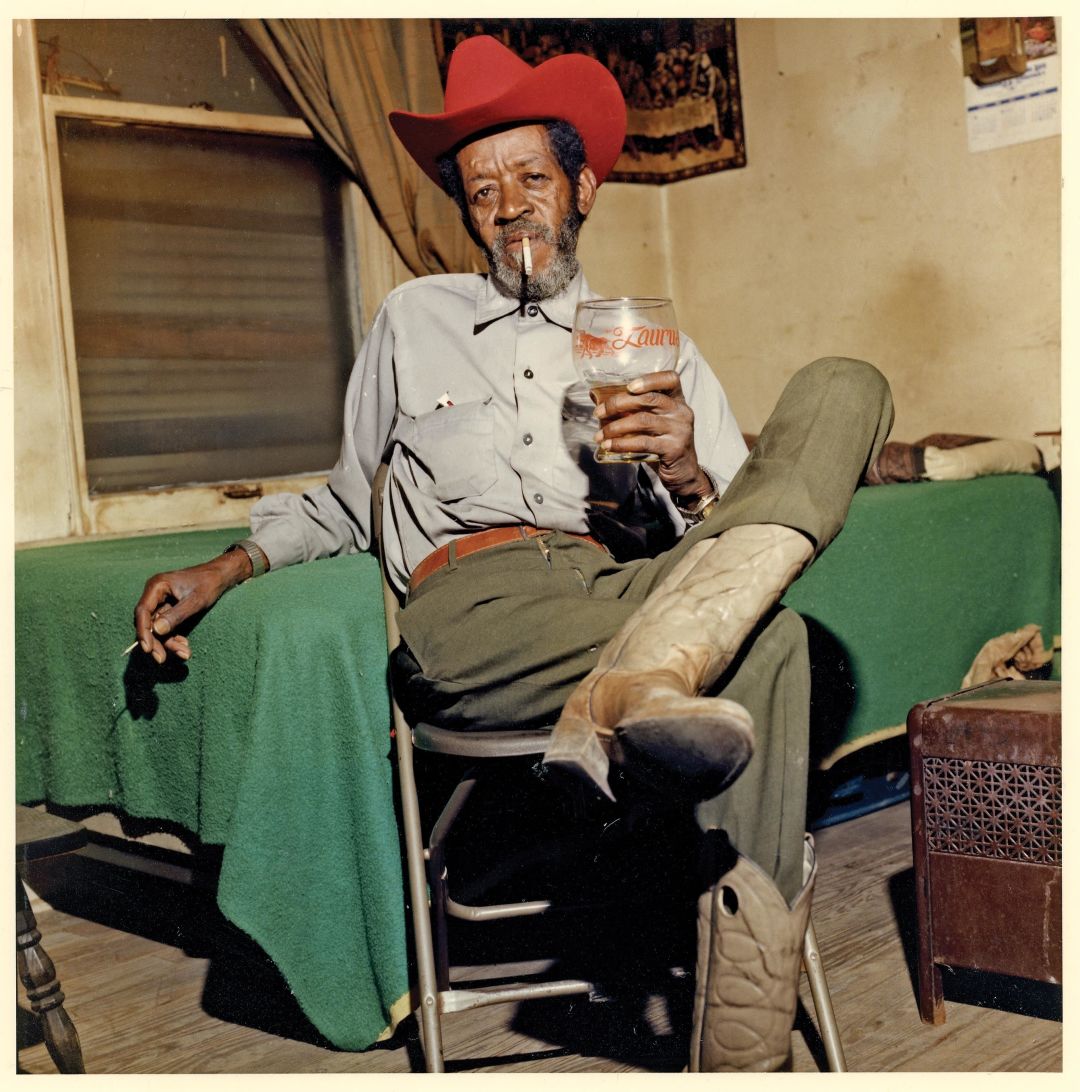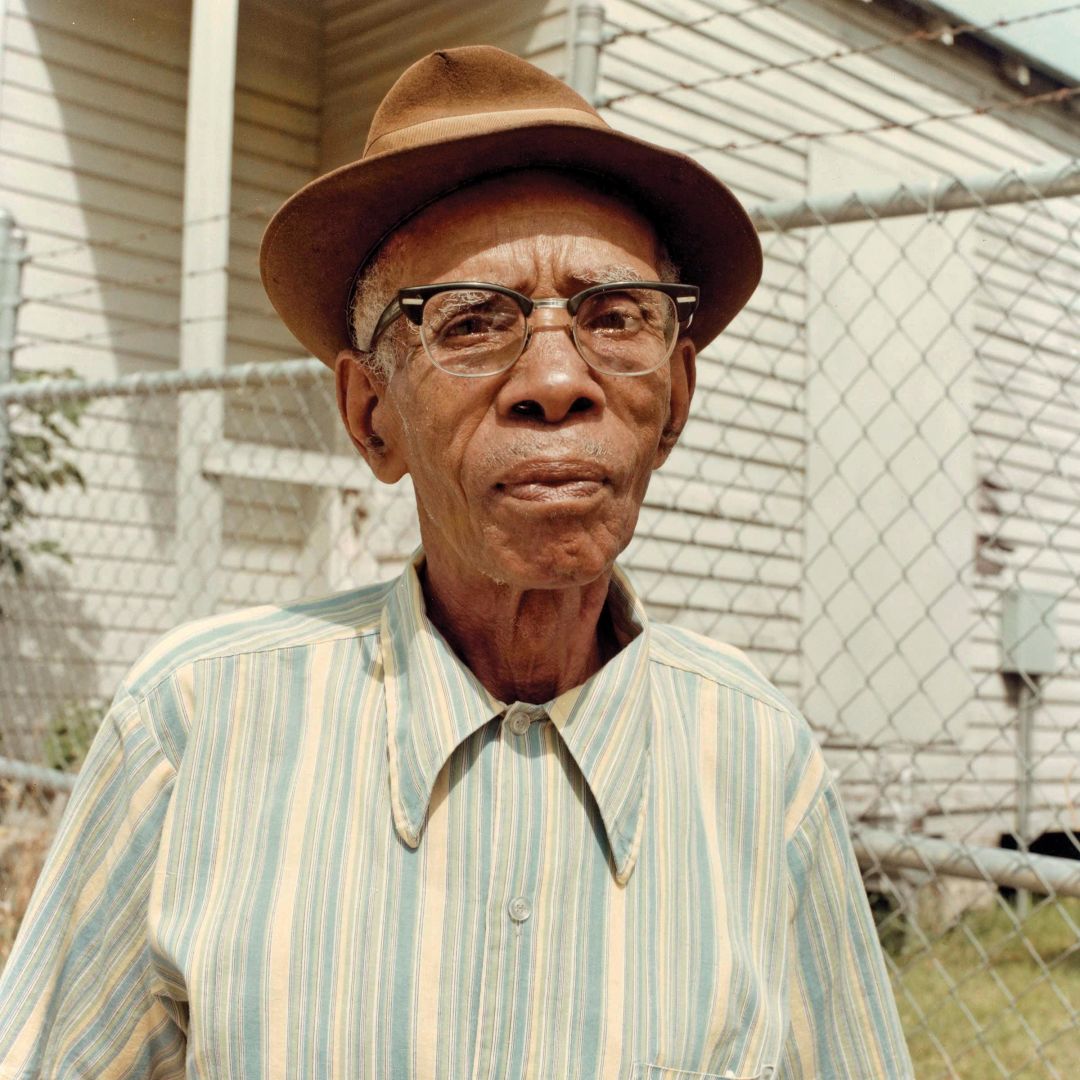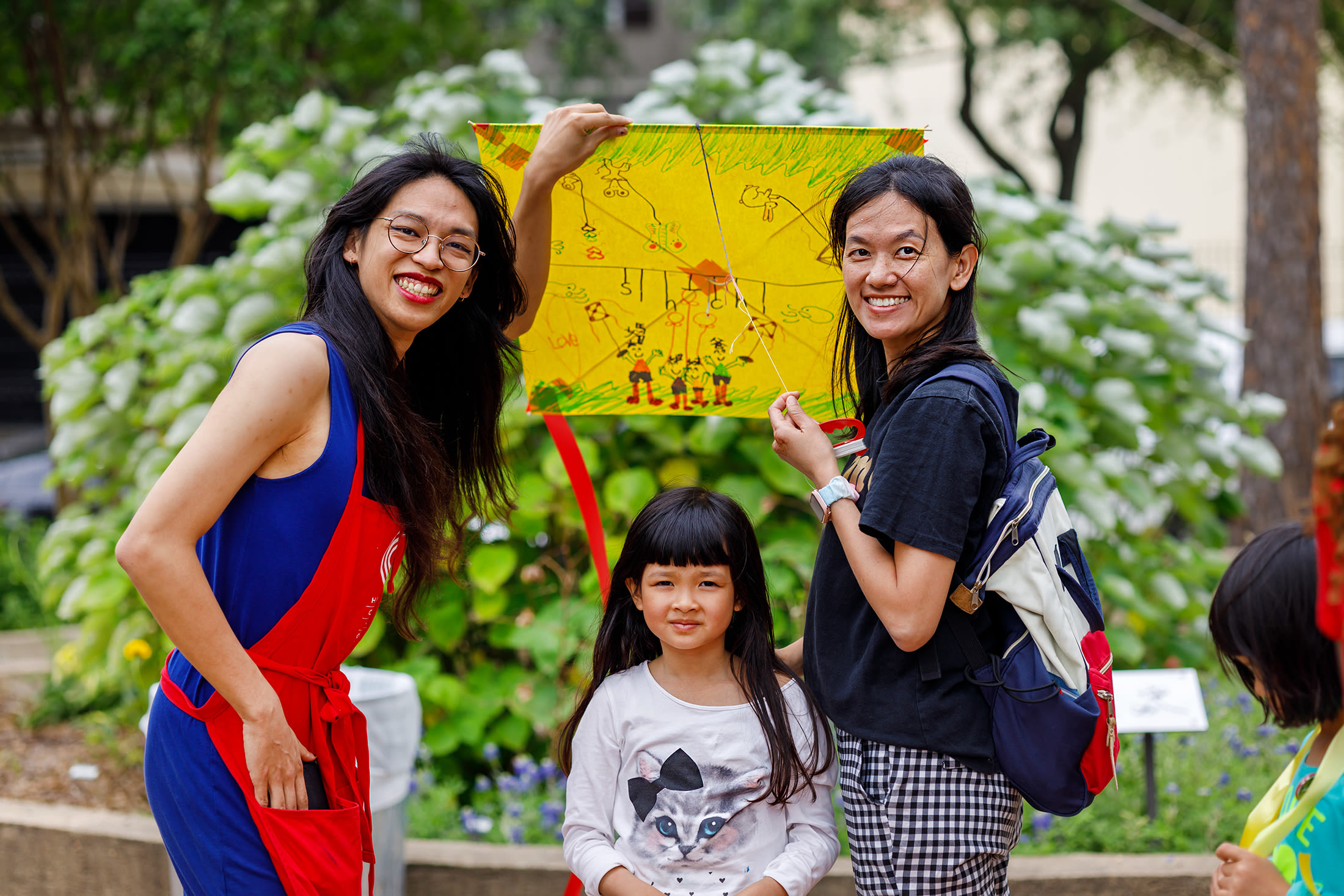Motherward, 1985 Is a Requiem to Freedmen's Town

Image: Elbert Howze/Courtesy HCP
Houston’s rather unsavory reputation as a city happy to forget its past runs straight through places like Freedmen’s Town.
Outside a handful of historic churches, this section of Fourth Ward due west of downtown—Houston’s original hub of African-American life—has all but vanished in favor of apartment blocks, townhomes, and pet-grooming establishments. Preservation-minded activists have doggedly managed to save some of the handmade bricks that once paved the neighborhood’s narrow streets, but not much else.
Enter Elbert Howze, a Detroit native and two-time Purple Heart winner in Vietnam. According to Howze’s 2015 obituary, after settling in Houston in 1973 he worked as an office manager and was an active member of Champions Forest Baptist Church. But he also earned a master’s degree in photography from UH, which led to a 1990 fellowship with the Houston Center for Photography.
Shortly after Howze passed away, his widow showed up at HCP with several boxes of his work. According to Ashlyn Davis, the center’s executive director and curator, among the hundreds of images was a volume Howze had dubbed “Motherward, 1985”—roughly 40 portraits of Freedmen’s Town residents Howze had taken during that year.

Image: Elbert Howze/Courtesy HCP
Howze’s interest in the neighborhood hardly stopped at photography, Davis explains. He also took it upon himself to study the demographics of Freedmen’s Town, noting such information as how long residents had lived in the area and whether they owned or rented their home.
His collection also included several Houston Chronicle clippings about Fourth Ward’s ongoing struggle to save those handmade bricks—“still a thing,” notes Davis—and an essay, now republished on HCP’s website, in which Howze says, “This is not about the skyscrapers that line the skyline or the perimeters of this place. It’s about the spirit and determination of these people that live there.”
Howze’s efforts “struck me very deeply,” Davis says. “What he did was this extremely compassionate long-term engagement with the residents, allowing them to present themselves as they want to be seen.”
After “Motherward” closes next month, Howze’s photographs will migrate about two miles north to the former Gregory School, now a Houston Public Library branch devoted to local African-American history and culture. Davis hopes Howze’s photographs will help to preserve the memory of this vital community.
“We’re just so honored to be able to debut this,” she says. “You can pave over a town, but these histories will still—maybe even posthumously—assert themselves, which is kind of magical.”
Houston Center for Photography. Thru Jul 7. Free. 1441 W. Alabama St. 713-529-4755.




